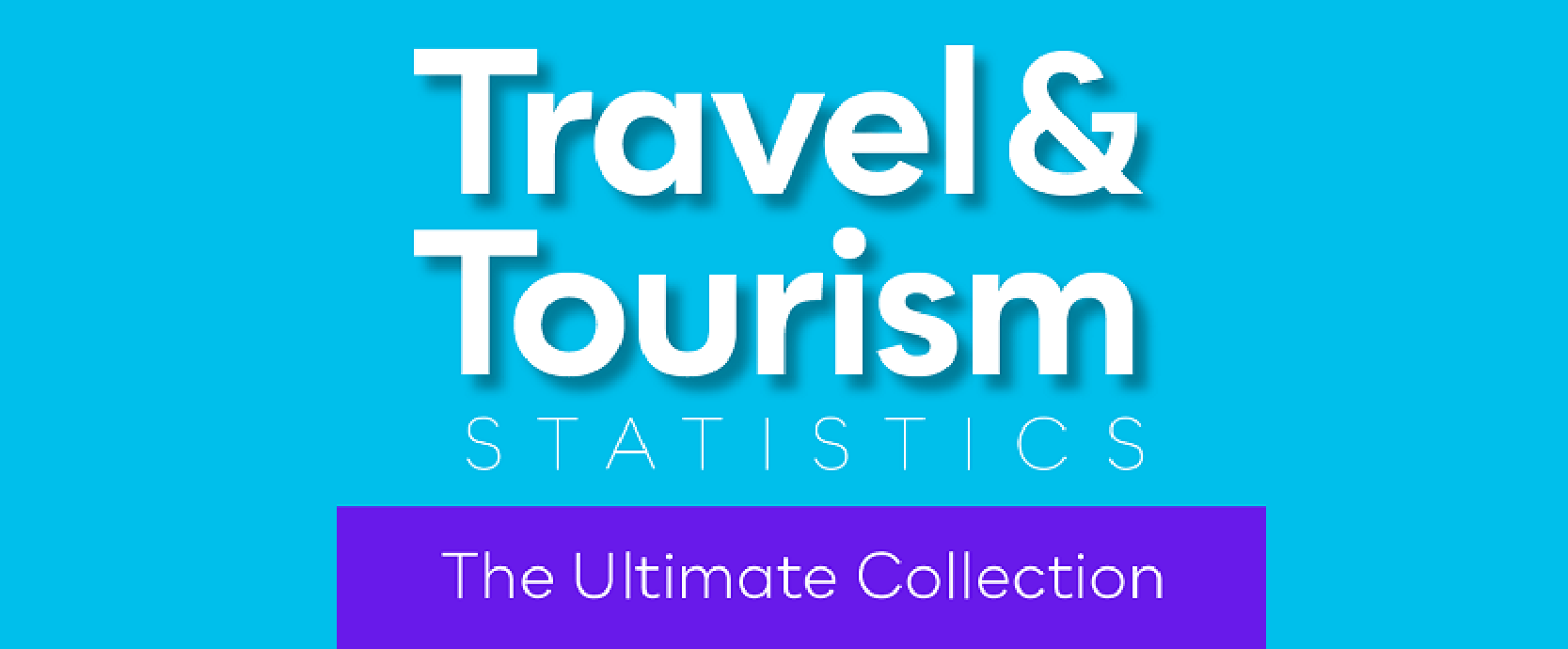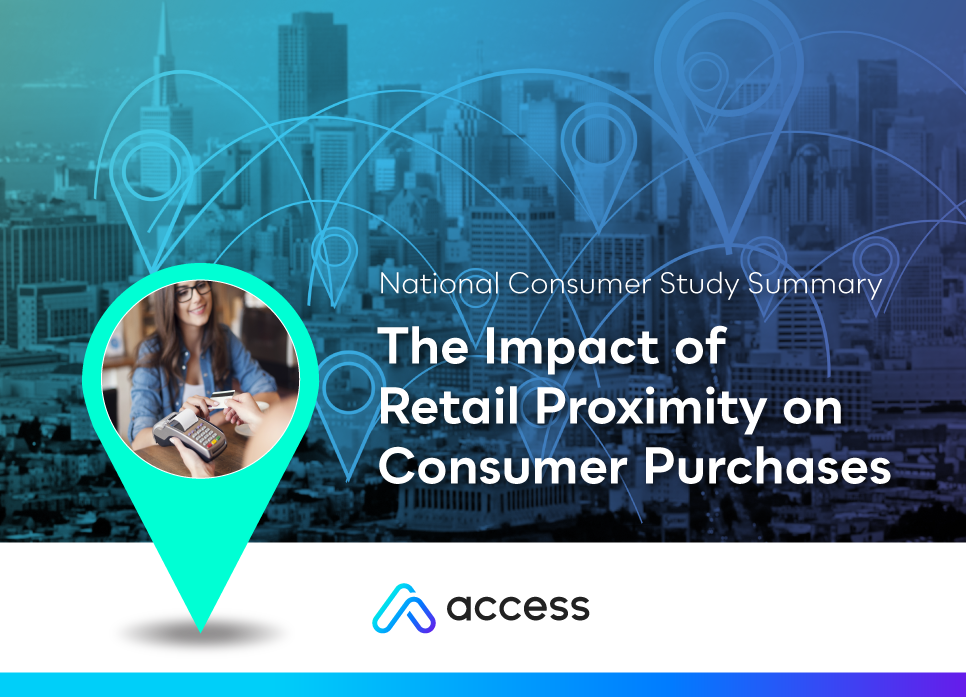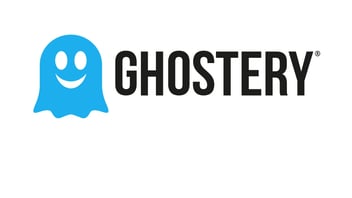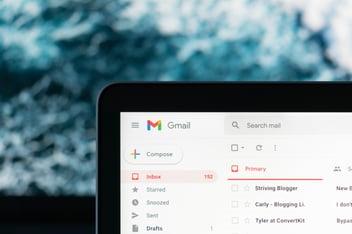Customer Retention: Cheaper than Acquisition; Still Not Easy
There’s a longtime adage in business that says it costs five times more (or even more) to acquire a new customer than to retain an existing one. It’s cited all over the place, but no one is quite clear on its origins. Don Peppers attributed it to a Harvard Business Review article “from a couple decades ago.” Ipsos Loyalty says it’s outright untrue.
The truth is, there are a number of cost variables every company has in play that muddy the waters between retention and acquisition. There are complicating factors on each side of the equation, but in general, it’s going to cost more to bring a customer in than to keep one in the fold.
That makes it sound so easy. Combine it with the Pareto Principle (80% of sales will come from 20% of customers) and you’ve got yourself a simple game plan for untold fortunes.
What those adages don’t mention is that customer retention is harder than acquisition.
Acquisition is a game that can be rigged. You can make all kinds of brand promises and deep discounts and publicity stunts that will convince people to fork over their money.
It’s keeping them in the fold that’s hard (especially if the promises you made about your product don’t exactly match the actual experience). Customer loyalty cannot be rigged.
Loyalty is cheaper – you’re looking at tactics like emails versus advertising spend. Even a full-fledged loyalty program will generally be cheaper than an outbound acquisition campaign.
But it’s harder. Why?
- Retention requires engagement. Engagement requires communicating constant relevant value – or impacting people with a great product and benefits, then reminding them that you did so.
- It means coming through on every promise and building even more promises than can be delivered upon later. Then reminding the customer you did so.
- The entire organization has to be on board. From the marketing department and sales team to the customer service unit and IT, every point of contact a customer can have with an organization has be of service. And you have to remind customers you’re geared to them.
- The customer has to feel like they’re winning. Or, they need to see the ROI from giving you their money. What’s in it for them? How are you making their lives better or easier? Learn this, and remind them of it frequently.
- It requires communication. In case you haven’t noticed, there’s a theme on the previous four lines – reminding customers of what you’re doing for them. The typical consumer can see as many as 10,000 marketing messages in a day, many of which are asking for something from them. The brand that they keep in their hearts is the one that lets them know what it’s doing for them.
(Need help collecting customer email addresses? We have some tips for you.)
Acquisition isn’t exactly easy, but customer retention requires an entirely different level of commitment. Whether it’s six times the revenue, or even just 5% more revenue, it’s absolutely worth it. Consider the lifetime value of a customer vs a one-time purchase - as well as the friends & family of that loyal customer in today's connected environment - and it's a no brainer.
Topics: Customer Engagement, customer loyalty
Written by: Brandon Carter


.jpg)

.jpeg)






Share your Comment.